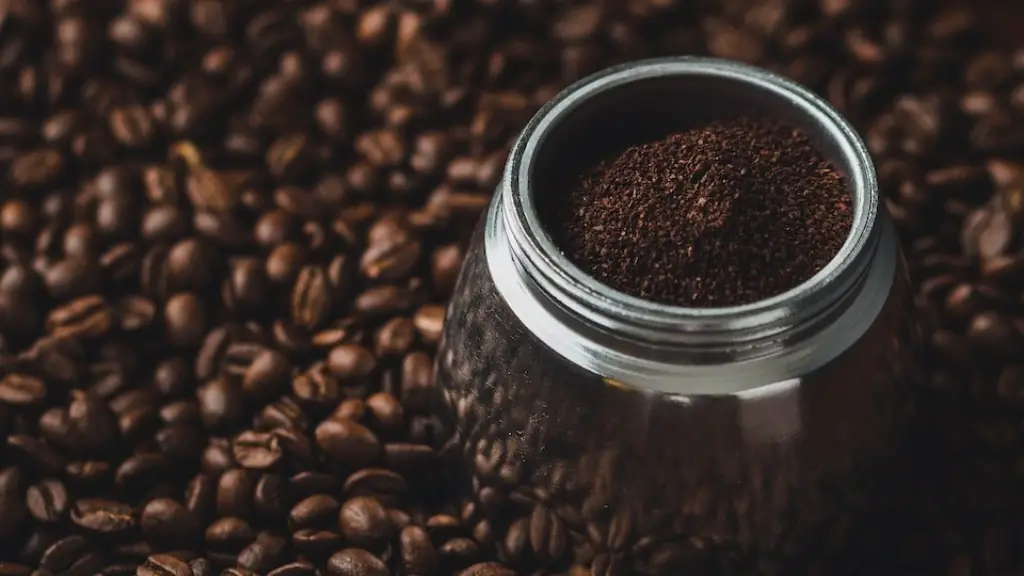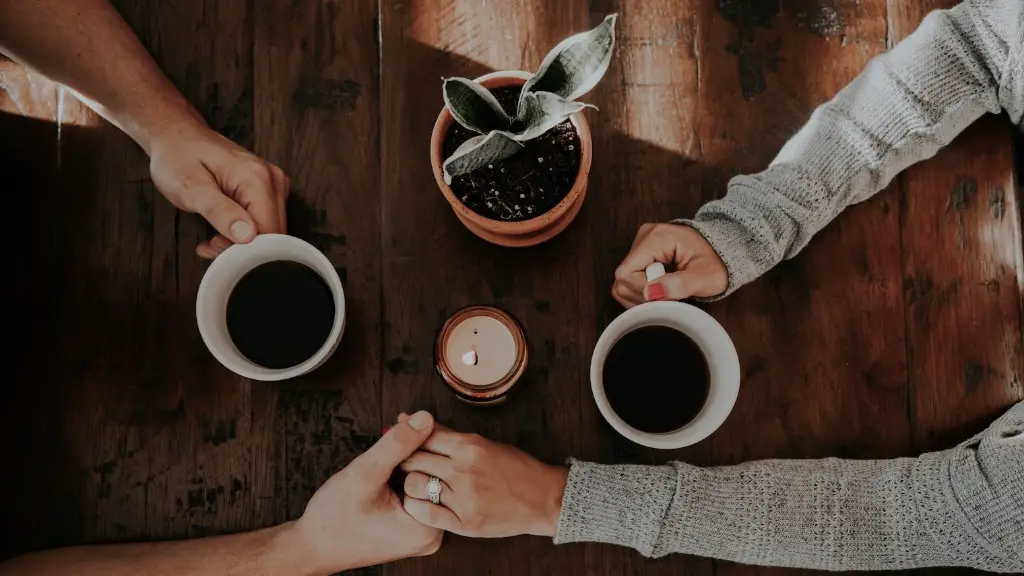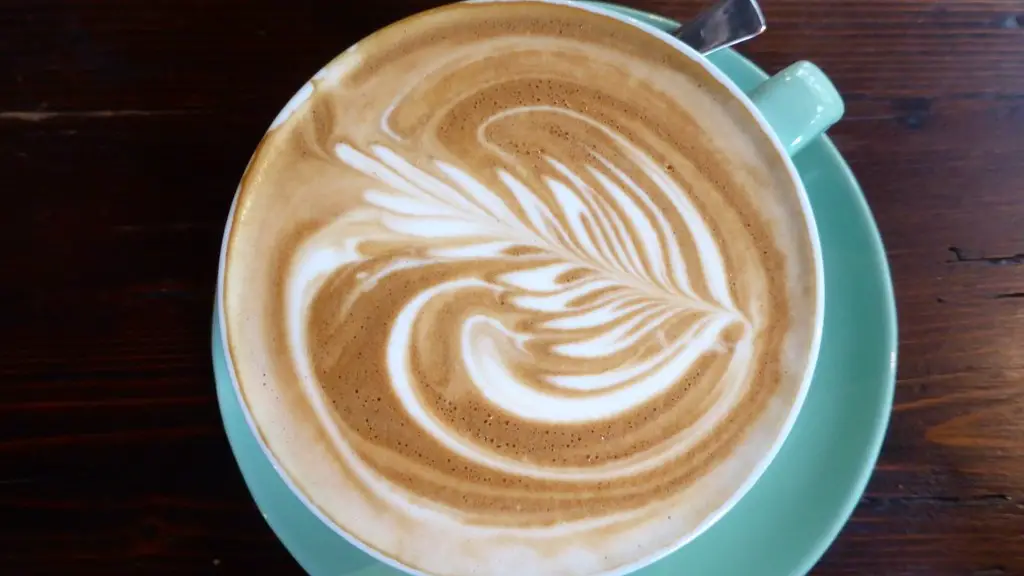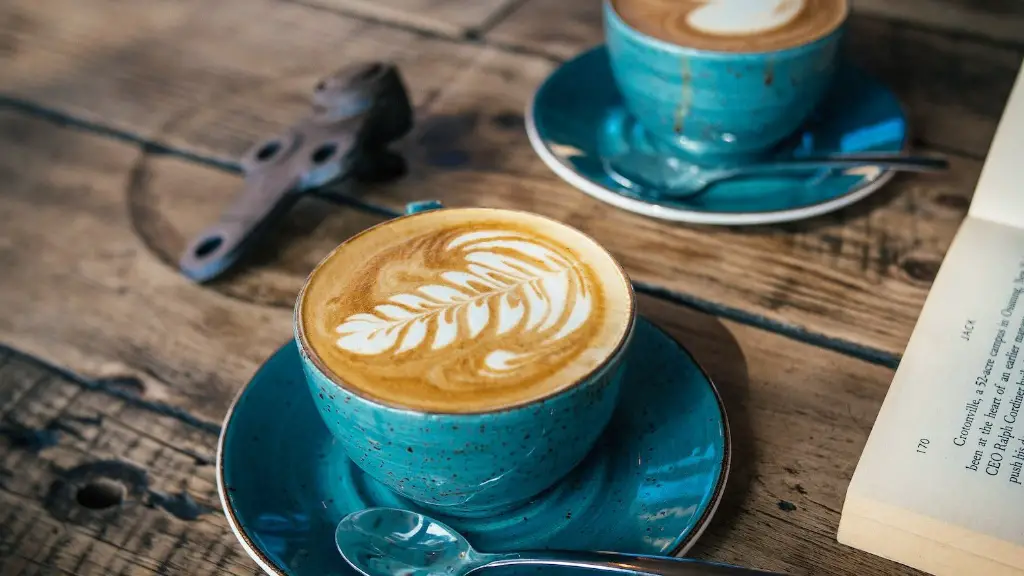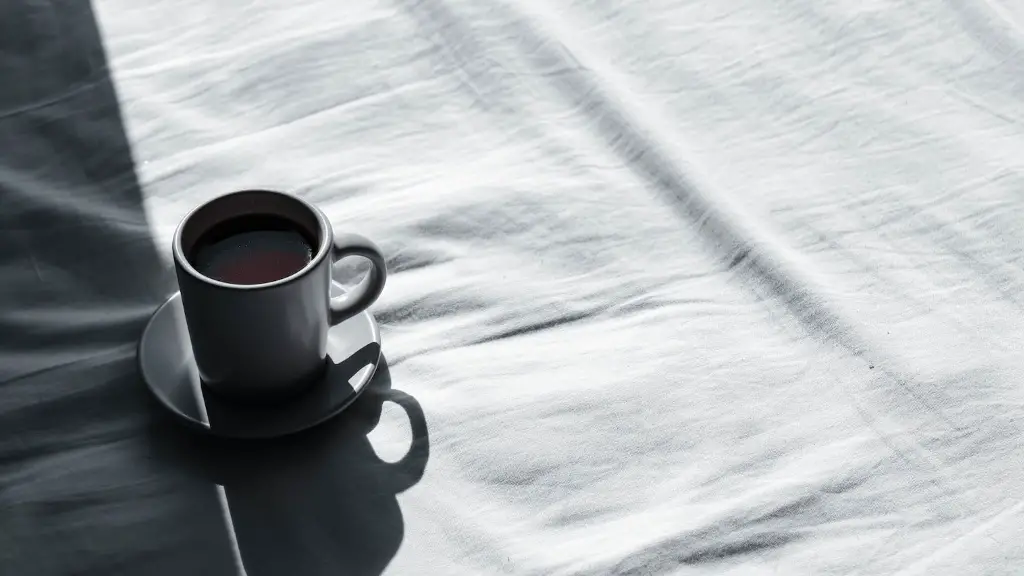It’s a debate as old as time – is it normal to poop after drinking coffee? Well, it turns out that it is – and this is something that’s been supported by science as well as cultural norms. When it comes to coffee, poop is just a normal side effect of this delicious beverage. Here, we’re going to explore if pooping after drinking coffee is indeed normal, and why.
Is it normal to poop after drinking coffee?
The simple answer to the question is yes. Across the world, many cultures have an understanding that coffee can stimulate bowel movements – perhaps the greatest evidence of this is the fact that ‘cup of joe’, a phrase used to describe coffee, derives from the slang term ‘joey’, which was used to refer to coffee as far back as the late 19th century.
Not only do we have historic evidence that pooping after having a cup of coffee is normal, but we can also look to science for further evidence. Coffee contains high amounts of caffeine – a stimulant that is known to help trigger your digestive system and make you poo. Moreover, large amounts of caffeine can help to relax the muscles in your bowel – causing your stomach to empty more quickly.
Another reason why it’s normal to poop after drinking coffee is that it can potentially help you to reduce constipation. A cup of joe can help to stimulate your gut, aiding the movement of waste and helping you to unblock your bowels.
Due to all of the aforementioned factors, pooping after drinking coffee is incredibly common – and it’s something that the vast majority of healthy people won’t need to worry about. That being said, if you have the feeling of needing to go more than three times a day, this could be a sign of something more serious and should be checked out.
A warning to pregnant women
For women who are pregnant, having more than 200-300 milligrams of caffeine a day can be dangerous. In addition to causing possible miscarriages and birth defects, excessively drinking coffee can also cause diarrhea in pregnant women. By drinking excessive amounts of coffee, a woman can easily go beyond the recommended 200-300 milligrams a day, making her more prone to experiencing pooping after drinking coffee than usual.
If you are pregnant, it’s highly advisable that you talk to your doctor about the amount of caffeine you should be taking, and to be aware of the risks associated with drinking too much coffee. By understanding the potential risks, you’ll be able to make better decisions about your lifestyle – and ensure that your baby develops in the best possible manner.
Tips for avoiding pooping after drinking coffee
If you find that you are experiencing pooping after drinking coffee and don’t want to, there are some things that you can do to reduce the risk. Firstly, it’s important to note that different types of coffee have different levels of caffeine – if you’re trying to reduce the effects of your morning cuppa, then you may want to consider drinking decaf.
It’s also a good idea to reduce the amount of coffee that you consume – as a general rule, 200-300 milligrams of caffeine a day is a sensible limit for most people. Lastly, it’s important to stay hydrated – by drinking plenty of water, you should be able to reduce the unwanted side effects.
Conclusion
All in all, pooping after drinking coffee is normal and shouldn’t be a cause of concern. Moreover, it can even help you to reduce constipation and gastrointestinal discomfort. That being said, pregnant women need to be careful and make sure that they don’t drink too much coffee, and individuals who don’t want these effects must take sensible measures to reduce the amount of caffeine they consume.
Coffee can help to promote digestive health
Although drinking too much coffee can be harmful, it can also have potential benefits when it comes to digestive health. Research has shown that drinking coffee can potentially help to improve gastrointestinal function, and that it may even reduce the risk of colon cancer. This is likely due to the fact that caffeinated coffee contains high amounts of antioxidants, such as polyphenols and chlorogenic acid, which could help to protect your digestive system.
Moreover, the process of digestion can be improved due to the effect that caffeine has on the muscles in the colon and intestines. Caffeine helps to increase the rate at which your body processes food, which could potentially help to reduce bloating and improve your overall digestive health.
In addition to helping to improve your overall digestive health, drinking coffee may also have other benefits – such as helping to reduce the risk of developing liver diseases and certain types of cancer. While we may be thinking of coffee as something to stop us pooping too much, it could be that in the long run it helps to protect our overall health.
Too much coffee can have negative effects
Although coffee can be beneficial, it’s important to note that having too much caffeine can also have potential side effects. Too much coffee can interfere with your concentration and make you feel anxious, as well as causing disruption to your sleep patterns. Highly caffeinated drinks can also be dehydrating and can make you urinate more frequently, leading to a loss of important minerals and electrolytes.
When taken in larger doses caffeine can also affect the way in which your body metabolizes other nutrients, leading to a loss of important vitamins. Too much caffeine can even reduce nutrient absorption in the body, meaning that you may be missing out on key vitamins and minerals regardless of how well you eat.
Overall, while it may seem strange to poop after drinking coffee, it’s actually a normal side effect – and one that isn’t usually anything to worry about. That being said, it’s still essential to make sure that you’re keeping your caffeine intake within sensible limits in order to ensure that you remain in the very best of health.
Exploring alternatives to coffee
Although coffee is a tried and tested way to help give you an extra boost, it’s important to explore other options too. For instance, there are various herbal supplements and teas that can help to give you energy without the need for caffeine, like ginseng and guarana, which are both known to boost energy levels and alertness.
If you feel like you need a pick-me-up but don’t want the caffeine content, consider taking a quick walk outside. Fresh air and exercise can help to energize your body and stimulate your mind, and can even increase your stamina throughout the day.
Moreover, there are plenty of healthy energy-rich foods out there, like eggs, nuts, whole grains and leafy greens, that can help you to stay alert and focused without the need to supplement. Eating healthy snacks throughout the day and making sure you get enough sleep can also help to boost your energy levels without the need to rely on caffeine.
Keeping circadian rhythm in check with coffee
Coffee can also help to keep our circadian rhythms in balance – circadian rhythms are the 24-hour internal clocks that dictate the body’s daily cycles and biological processes. By drinking coffee, we can ensure that our circadian rhythms are working properly, helping us to sleep better at night and wake up feeling more alert in the morning.
There is also evidence to suggest that caffeine intake can help to reduce levels of fatigue and improve concentration, making it ideal for those who need to be highly alert throughout the day. Of course, it’s important to remember not to drink too much coffee and to take sensible measures to promote good sleep hygiene – such as avoiding screens before bed and avoiding caffeine too late in the afternoon.
All of this can combine to help us stay alert, energized and focused – keeping our circadian rhythm in balance and making sure that we can stay productive throughout the day.
